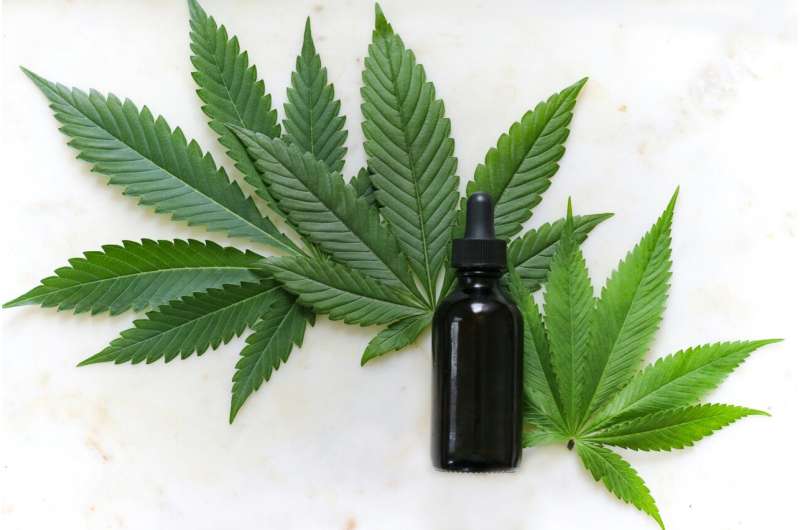Unlicensed Cannabis Shops in New York Fail to Provide Safety Labels and Use Child-Attractive Packaging

A Columbia University study reveals that unlicensed cannabis shops in New York sell products without safety labels and with packaging appealing to youth, raising public health concerns.
A recent study conducted by Columbia University highlights concerning issues with cannabis products sold in unlicensed retail outlets across New York state. Researchers found that these unregulated shops often sell cannabis items without the mandatory safety labels, which are crucial for informing consumers about the product's potency, ingredients, and health risks. Additionally, many of these products are packaged with colorful, cartoon-like designs that are particularly appealing to children and teenagers, raising significant public health concerns.
Despite New York state’s prohibition on selling cannabis in unlicensed stores and to minors under age 21, unregulated retailers continue to operate and sell products that often lack transparency regarding their contents. Licensed retailers must disclose essential information such as THC levels, usage instructions, expiration dates, and health warnings, and are restricted from marketing to minors or promoting medical use. However, unlicensed vendors tend to ignore these regulations, placing consumers at greater risk.
The study compared 88 cannabis products from both licensed and unlicensed sources in New York City. The findings revealed that only a small fraction of unlicensed products displayed all six of the state-mandated health warnings, and very few listed their THC content or provided dosage guidance. Many unlicensed products misused official symbols from other states, such as California, and included warnings about delayed effects from edibles, which could be misleading.
A disturbing aspect uncovered was the packaging design of these products. Nearly all examined packages, whether from licensed or unlicensed shops, featured elements likely to attract minors, including vibrant colors, playful fonts, and cartoon characters. Approximately 25% of unlicensed product packaging contained cartoon imagery, while no licensed products displayed such design features.
Experts emphasize that the lack of proper labeling and child-friendly packaging significantly elevates the risk of unsafe consumption and health complications. With high THC levels prevalent in many products, clear and accurate labeling is vital to preventing accidental overuse and potential long-term health effects.
This study underscores the urgent need for stricter enforcement of regulations and better oversight of cannabis sales in New York to safeguard public health, especially among youth. Consumers should be cautious of unlicensed products and prioritize purchasing from licensed retailers to ensure product safety and transparency.
Source: https://medicalxpress.com/news/2025-08-cannabis-products-unlicensed-lack-safety.html
Stay Updated with Mia's Feed
Get the latest health & wellness insights delivered straight to your inbox.
Related Articles
Somali Women's Perspectives on Female Genital Mutilation and Efforts Towards Abandonment
A recent study reveals Somali women's diverse perspectives on female genital mutilation and the shifting attitudes toward its abandonment, highlighting the roles of education and community engagement in ending the practice.



